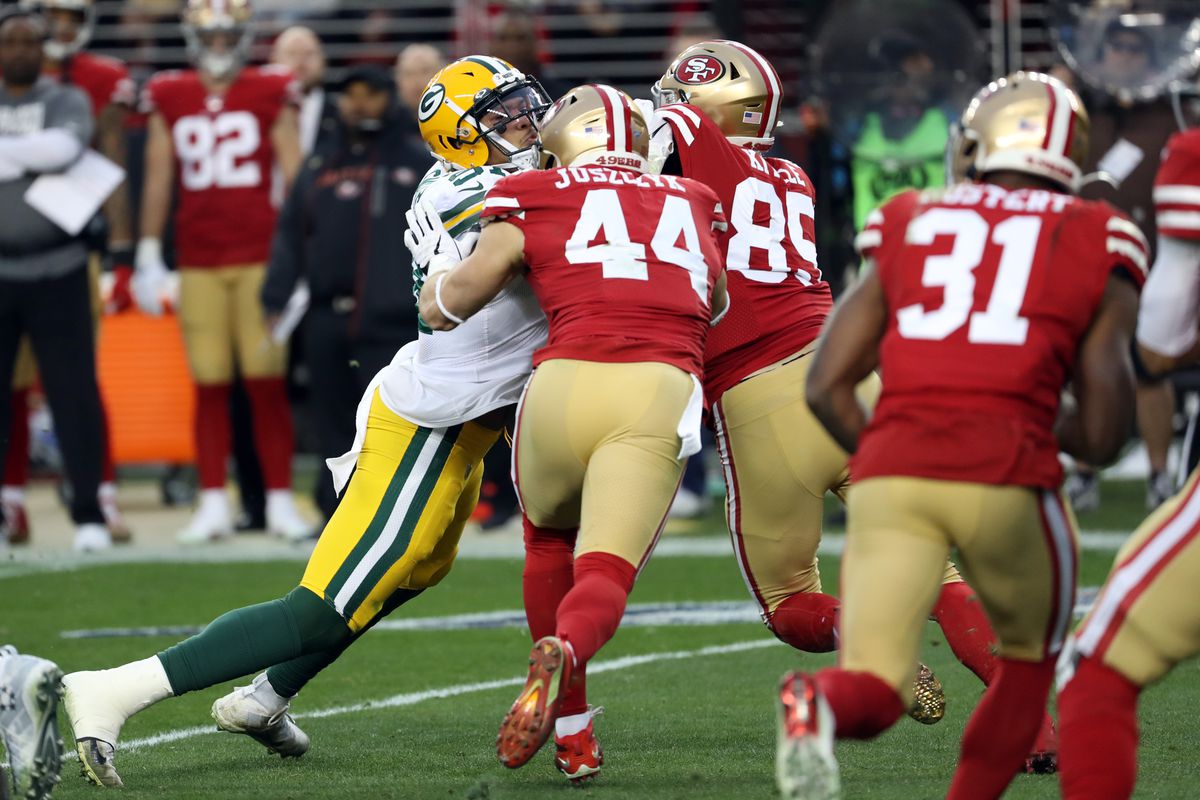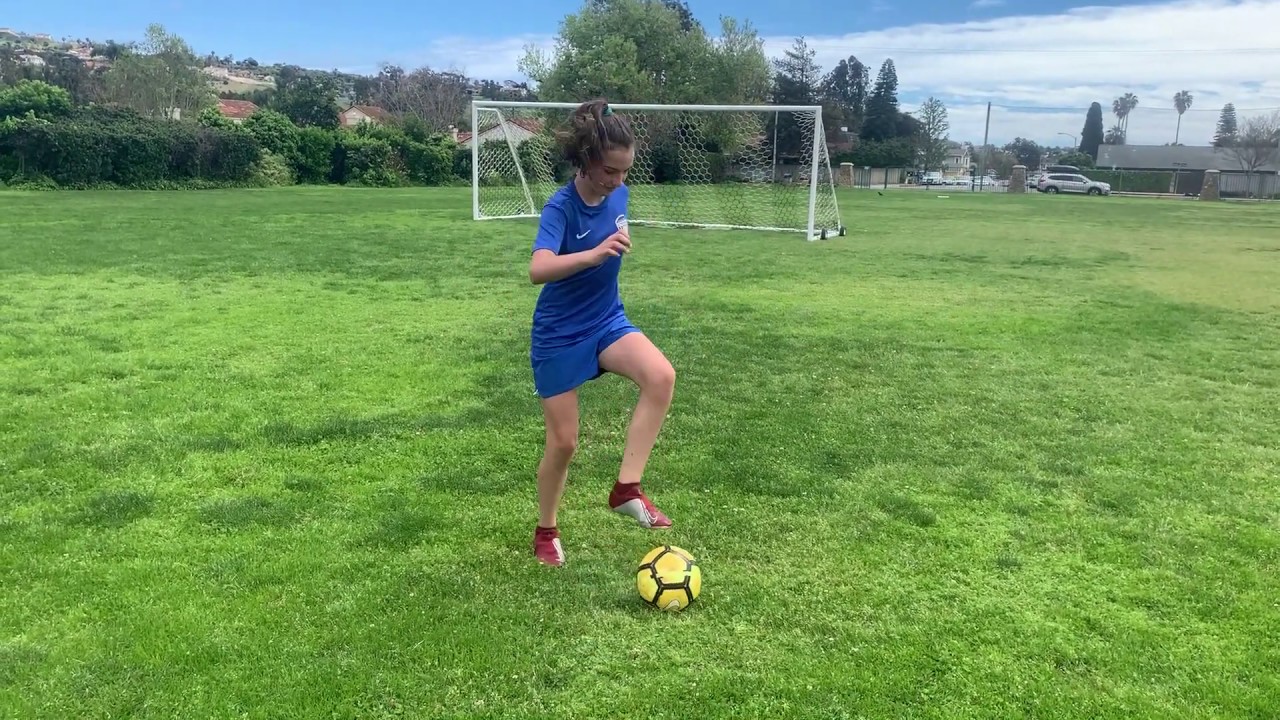
Red cards in soccer are irrevocable. Instead, the red carded player must leave the game and be replaced by a man of his choice. Red cards can also result in penalty kicks and free kicks. These penalties can be costly, especially in close matches or championship games. What does a "red card" mean? Here are some common scenarios that might lead to a red card.
Red cards are issued to those who use excessive force
Red cards can be issued in soccer when players use excessive force. This could be anything from elbowing an opposition in the back to barging them. Excessive force can lead to serious injury and could result in a player losing his spot on the field. Referees need to be careful when determining whether a foul is excessive. You can read on to learn about red cards for excessive force.
Goalkeepers get them for obstructing a goal scoring opportunity
Soccer goalkeepers can often be given red cards for obstructing many goal scoring opportunities. This is an unfair punishment because goalkeepers are often vulnerable to fouls and are therefore prone to being penalized. While it is possible to get away with a yellow card in such a case, goalkeepers should be aware that committing a foul on an attacking player is against the rules.

Goalies get them for kicking the ball away
Did you know that goalkeepers can receive red cards too? It's a crime that can result in a ban for three matches, a fine and even possible dismissal. The reasons for goalkeeper suspensions are not known, but it is important to understand what punishments they can expect. Goalkeepers must be aware of their role in the game, and how to behave around other players.
Goalkeepers get them for violent conduct
Why do goalkeepers get red cards for violent conduct? Team sports are at their most vulnerable position, and goalkeepers are at risk of serious injury if they engage in foul play. They are the only hero when they are challenged correctly. But, if they fail to time a tackle they will be the most hated player on pitch. Thankfully, most goalkeepers are situationally aware. Some goalkeepers, however, aren't situationally aware and end up getting fired.
Goalkeepers get them for kicking the ball away
It is quite common for goalkeepers receiving red cards for kicks. For this type of behavior, the punishment is a three-match ban plus a fine. If the goalkeeper reacts against an opponent, he may be sent to the stands and given a red card. Hence, it is imperative that goalkeepers learn the rules of fair play.
Goalies get them for obstructing a goal scoring opportunity
If a goalkeeper obstructs a goal scoring opportunity, they can be charged with a professional foul. In soccer, a goalkeeper who illegally blocks an opponent's goal scoring opportunity can be given a penalty kick. This foul can reduce the chances of an attacking team and the referee could decide to give the goalkeeper red cards.

For excessive force, goalkeepers use them
In soccer, excessive force can be a serious offense and goalkeepers could get red cards. Goalkeepers are also not allowed to intentionally touch the ball. There are exceptions. If a goalkeeper deliberately touches the ball, they are violating Law 12.
FAQ
What is a striker in soccer?
Strikers are typically the fastest players on the field. They specialize in running up and down the field and shooting the ball toward the opponent's goal.
What position do I play on a soccer team?
In order to play on a soccer team, you must be selected by the coach. There are several positions that can be filled on a soccer squad. These positions include the goalkeeper, defenders, midfielders, forward, and goalie. Each player has their own responsibilities.
What does a defender do in soccer
Defenders are usually there to defend against attackers looking for goals. Defenders attempt to keep opposing players out of scoring positions by attacking them and blocking shots.
Where can you buy soccer equipment at a cheap price?
Sports goods shops can often sell inexpensive soccer gear. Discount department stores will often have soccer balls, shinguards, jerseys and other products. Amazon.com and other online retailers are also options.
how do you score a goal in soccer?
Your team must score a goal by getting the ball past your opponent's defense to their goal. The ball is considered a goal once it enters the goal. In soccer, goals can be worth points.
Statistics
- Even with the new issuance, control of the club will be retained by the Glazer family as they will retain 67% of B shares which have voting power, so little will likely change in the general approach taken to the finances of the club. (sites.duke.edu)
- At the 2018 FIFA World Cup, Belgium playmaker Eden Hazard, renowned for being difficult to dispossess, set a World Cup record for successful dribbles completed in any World Cup game since 1966, with a 100% success rate in ten dribbles against Brazil.[10] (en.wikipedia.org)
- After hosting an entertaining World Cup finals in 1994, the United States possessed some 16 million football players nationwide, up to 40 percent of whom were female. (britannica.com)
- Get 10% off your first purchase using code BLOG. (technefutbol.com)
- The Laws of the Game do not specify any player positions other than goalkeeper, [74] These positions are further subdivided according to the area of the field in which the player spends the most time. (en.wikipedia.org)
External Links
How To
How to play Soccer
Soccer requires that you have excellent skills like dribbling and passing, shooting, heading, tackling and so on. These skills should be improved. The most important thing is to practice them every day. These steps will help you learn how to play soccer correctly.
-
Practice dribbling. Do some practice on the field. Start practicing dribbling slowly, ideally for 5 minutes each. You can increase the time to 10 minutes once you are comfortable with dribbling. Keep practicing this technique everyday.
-
Practice passing. Practice passing the ball in front of you and behind you. Pass the ball to the correct person. Don't throw too many passes. It's better if you throw the ball directly to the player who needs it. This will save you energy and keep you warm.
-
Practice heading. Heading is the ability to position the ball precisely in the net. Before you can achieve this goal, it is important to practice getting in the right position. Place your face in front of the goal line. Now, bend forward slightly and place the ball underneath your chin. Next, raise your head towards the top-left corner of the net. Your eyes should be looking straight ahead. Stand straight up and then release the ball.
-
Try to tackle. Tackling is one of the hardest techniques to master. When you get it down, however, it can make football much more entertaining. For starters, tackle with your chest and shoulders, and don't go low. Remember to keep your arms straight and your legs together. It is better to tackle in smaller groups of two people. One player acts as a defender and the second is an attacker. Once the attacker has passed the defender, the attacker must be tackled immediately.
-
Learn how to shoot. Shooting is a skill that is difficult to master and requires a lot practice. Begin by finding a spot you are able to comfortably shoot from. Next to the goal. Next, pay attention to your form. You can hold the ball between your fingers, but keep it away from your body. Bend your knees and point your toes upward. You can shoot the ball by moving your wrist in a circular motion. You want to hit the bottom right corner.
-
Get into running. Running is another skill that can take some time to master. Begin slowly, then increase speed. Running should not be used to attack as it will cause muscle fatigue. Instead, you should run to help your fellow runners.
-
Practice kicking. Kicking can be one of most difficult skills to master but also one that is the easiest. In order to kick accurately, you need to develop strength in your legs and core. Stand with your feet together, and lift one leg at time. Slowly kick the ball towards the net using only your heels.
-
Re-learn how to dribble. This is probably the most essential skill needed to become a great player. Dribbling is a way to control the pace and play the game. It allows you to set the pace. Consistency and consistency are the keys to mastering dribbling. Don't try to change your dribbling every day. Stick to what works for you.
-
Practice kicks without any restrictions. Free kicks are typically given after a foul occurs or when the goalkeeper makes a mistake. You can score goals with free kicks without needing to play the whole match. Try aiming at the corners of the goal. Remember to always use your instep and not your heel.
-
Practice defending. Defending is all about positioning. Always keep in close proximity to your opponent's player while playing defense. Try to stop him scoring by blocking his path if you receive the ball. Always look out for the safety of your teammate.